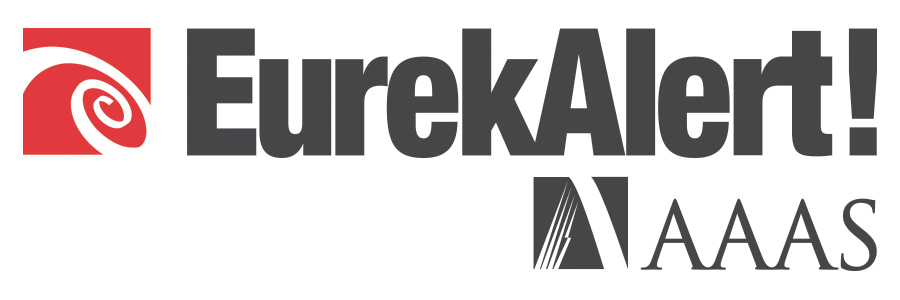
NEW YORK- January 28, 2020 –JDRF, the leading global organization funding type 1 diabetes (T1D) research, today announced new research that found widespread screening for islet autoantibodies reduced the occurrence of life-threatening diabetic ketoacidosis (DKA) among children with pre-symptomatic T1D.
The JDRF-funded research study known as Fr1da was published in the Journal of the American Medical Association. The project screened 90,632 children ages 2 to 5 in Bavaria, Germany, during primary care visits, revealing pre-symptomatic T1D in 280 children, or .31 percent, of the children screened. Of these 280 children, 24.9 percent developed T1D and the prevalence of DKA was less than 5 percent, which is significantly lower than in the population of unscreened children, where the prevalence of DKA is 20 percent in Germany and approximately 60 percent in the United States.
“If we identify children at high-risk of developing T1D, we can monitor their disease progression to prevent DKA, a life-threatening condition that often goes undiagnosed, as well as potentially enroll them in clinical trials aimed at halting or delaying the progression toward T1D,” said Sanjoy Dutta, Ph.D., Vice President of Research at JDRF. “JDRF has proudly supported this study since it officially launched in 2015, and we congratulate Dr. Ziegler and her team for this critical work that has become a model for other initiatives around the world aimed at improving health outcomes for people with T1D.”
The Fr1da study, led by Anette-Gabriele Ziegler, M.D., Ph.D., Director of the Institute of Diabetes Research at Helmholtz Zentrum München, is the first to introduce pre-school screenings for T1D in a general population. The success of the study shows that large-scale screenings are possible and that there are clear benefits to early diagnosis of T1D.
“A crucial finding of the study is that there is a 9 percent annualized risk for disease progression in children with pre-symptomatic disease,” said Dr. Ziegler. “This is remarkably similar to the risk in previously studied genetically susceptible children. Its implication is that multiple antibodies can be used to identify children with pre-symptomatic T1D who could benefit from intervention in any childhood population regardless of genetic risk.”
This initial research is progressing in several ways. The study will continue under the name “Fr1da-plus,” adding 9 and 10-year-old children in addition to 2 to 5-year-olds. The researchers will also perform a cost-benefit analysis of the screenings, as part of the evidence to move screening to the public health sector as standard of care. Additionally, JDRF and Fr1da will use this data to inform screening protocols in the future to support JDRF’s mission to accelerate cures for T1D.
This study was supported in part by a grant from JDRF. JDRF will continue to support partners in academia, industry, and government to fund groundbreaking research, and then translate this knowledge into therapies that can stop T1D from developing and to eliminate the threat of T1D for future generations.
###
About JDRF
JDRF is the leading global organization funding type 1 diabetes (T1D) research. Our mission is to accelerate life-changing breakthroughs to cure, prevent and treat T1D and its complications. To accomplish this, JDRF has invested more than $2.2 billion in research funding since our inception. We are an organization built on a grassroots model of people connecting in their local communities, collaborating regionally for efficiency and broader fundraising impact, and uniting on a national stage to pool resources, passion, and energy. We collaborate with academic institutions, policymakers, and corporate and industry partners to develop and deliver a pipeline of innovative therapies to people living with T1D. JDRF is committed to supporting members of the T1D community by providing resources to help navigate health care and health insurance. Our staff and volunteers throughout the United States and our six international affiliates are dedicated to advocacy, community engagement and our vision of a world without T1D. For more information, please visit jdrf.org or follow us on Twitter: @JDRF.
Disclaimer: AAAS and EurekAlert! are not responsible for the accuracy of news releases posted to EurekAlert! by contributing institutions or for the use of any information through the EurekAlert system.

